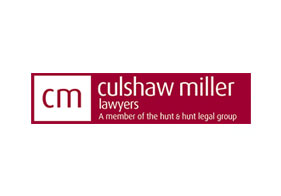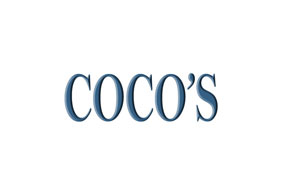One of the SEO factors that many website owners are confused about is whether their domain name helps or hinders them in trying to rank higher in Google’s rankings. One of the primary reasons for that confusion is the conflicting advice that gets written about domain names and how big a part they play in SEO.
There are several attributes that a domain name has which all contribute in varying degrees to how much it helps a website’s ranking. Some of these have a bigger impact than others, plus you also need to remember that just having an optimised domain name is no use if you have ignored all the other SEO factors.
Here are the main ones with a brief explanation of how Google views them.
Domain Age: This is the one that most often gets discussed with some of the view that it plays no part and others who will tell you to look for a domain name which is over 10 years old. While Google score older domains higher, the impact it will have on your ranking in comparison to how good your back-links and content are, is very small.
Exact Match Domain (EMD): If you were opening a poodle grooming parlour and went all out to find a domain name like ‘toppoodlegroomingparlour.com’ you’d boost your ranking score slightly, but whether the time, effort, and expense, if it were a premium domain, would be worth it, is questionable. More importantly, Google views EMDs with far more caution than they used to, and the days of an EMD being a free ticket to a top ranking for a keyword are long gone.
Keyword in Domain: Using your main keyword in your domain name does add to your SEO rankings but it is not something that is going to make a dramatic difference. It certainly helps Google to establish the relevancy of your site, so if you have a website that sells fishing equipment, then obviously having fishing in the domain is helpful. It is also best to have it as the first word, rather than in the middle or at the end. For example, fishingreelworld.com is better than bestreelsforfishing.com
Top-Level TLDs: One of the most offered pieces of advice in relation to domain names is that you should only go for a top-level domain extension such as ‘.com’. Google eye these extensions as more mainstream than many of new extensions that are now available. Admittedly a lot of the domain names you might want with ‘.com’ are already taken, but if it is possible to get one with that extension then do so. The other thing to remember is that customers recognize ‘.com’, a lot more than extension like ‘.investments’ or ‘.boutique’.
Country Extensions: All countries have their own TLDs and if your business is solely seeking customers from that country, then it can out rank top-level TLDs, for searches by people who live in that country. For example, if two websites were in the same niche but one had a ‘.au’ TLD and the other ‘.com’, a search on Google in Australia would be more likely to show the .au site higher, if all other ranking factors of the two websites were the same.
Length of Registration: If you have ever bought a domain name and thought that to keep costs down you would just register it for one year instead of two or five, then you may be missing out on a ranking boost. Google considers domains which have been registered for longer periods of time to be less likely to be a spam site, which is normally only ever registered for short terms. When it next comes time to renew, consider extending your registration period.






















